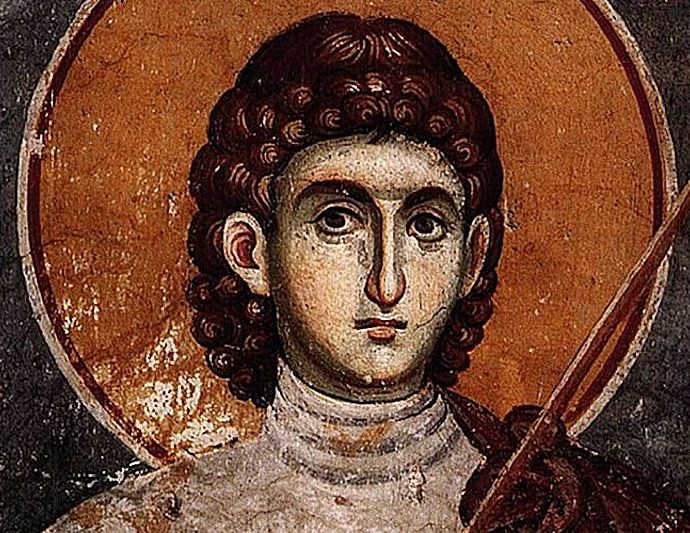A trusted member of the Byzantine establishment, Procopius was the Empire’s official chronicler, and his “History of the Wars of Justinian” proclaimed the strength and wisdom of the Emperor’s reign.
Yet all the while the dutiful scribe was working on a very different – and dangerous – history to be published only once its author was safely in his grave. “The Secret History” portrays the ‘great lawgiver’ Justinian as a rampant king of corruption and tyranny, the Empress Theodora as a sorceress and whore, and the brilliant general Belisarius as the pliable dupe of his scheming wife Antonina. Magnificently hyperbolic and highly opinionated, “The Secret History” is a work of explosive energy, depicting holy Byzantium as a hell of murder and misrule.
In the eyes of many scholars, the Secret History reveals an author who had become deeply disillusioned with Emperor Justinian, his wife Theodora, the general Belisarius, and his wife Antonina. The work claims to expose the secret springs of their public actions, as well as the private lives of the emperor and his entourage. Justinian is portrayed as cruel, venal, prodigal, and incompetent. In one passage, it is even claimed that he was possessed by demonic spirits or was himself a demon.
On the other hand, it has been argued that Procopius prepared the Secret History as an exaggerated document out of fear that a conspiracy might overthrow Justinian’s regime, which—as a kind of court historian—might be reckoned to include him. The unpublished manuscript would then have been a kind of insurance, which could be offered to the new ruler as a way to avoid execution or exile after the coup. If this hypothesis were correct, the Secret History would not be proof that Procopius hated Justinian or Theodora.








